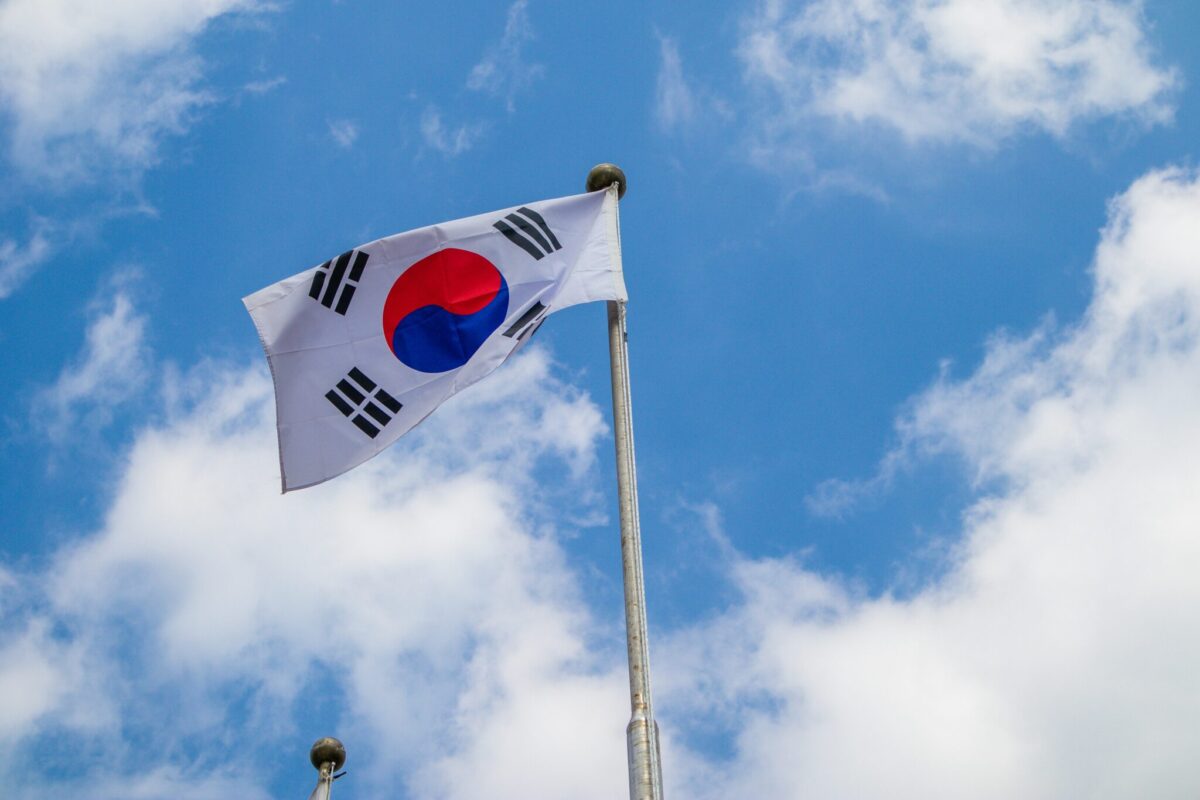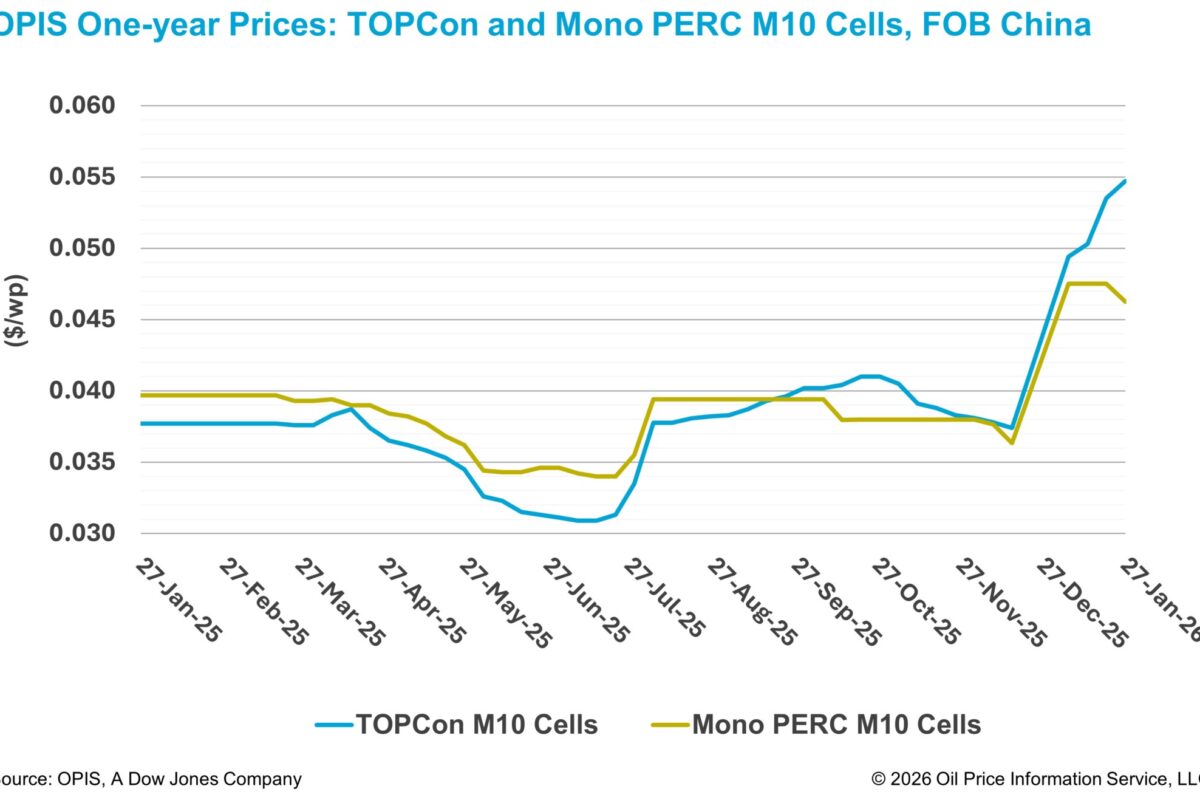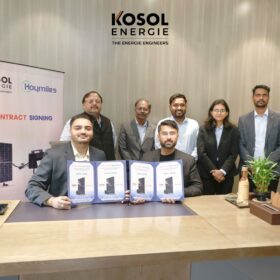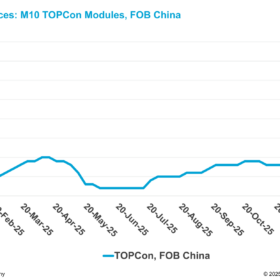South Korea’s MOTIE has opened a tender for 1 GW of solar.
The ministry has released the details of the procurement exercise, with a ceiling price of KRW 155,74 ($113.6)/MWh for proposed solar projects.
The ministry said this is a decrease on last year’s cap of KRW 157,307/MWh, taking into account recent bidding competition rates and lower levelized cost of energy for PV.
The tender also includes a preferential price for solar modules with a lower carbon footprint, with the required minimum carbon emission level being 655 kg CO2/kW.
Last year, MOTIE allocated 1 GW of PV in a similar procurement exercise.
This year, the government also plans to procure 1.25 GW of onshore wind power. The upper price limit was set at KRW 176,565/MWh.
The ministry said it plans to connect solar and wind companies that enter into fixed contracts under this tender with RE100 demand companies to sign power purchase agreements.
South Korea installed 2.5 GW of new solar capacity in 2024, bringing its cumulative PV capacity to more than 29.5 GW, according to the Korean Energy Agency.
This content is protected by copyright and may not be reused. If you want to cooperate with us and would like to reuse some of our content, please contact: editors@pv-magazine.com.









By submitting this form you agree to pv magazine using your data for the purposes of publishing your comment.
Your personal data will only be disclosed or otherwise transmitted to third parties for the purposes of spam filtering or if this is necessary for technical maintenance of the website. Any other transfer to third parties will not take place unless this is justified on the basis of applicable data protection regulations or if pv magazine is legally obliged to do so.
You may revoke this consent at any time with effect for the future, in which case your personal data will be deleted immediately. Otherwise, your data will be deleted if pv magazine has processed your request or the purpose of data storage is fulfilled.
Further information on data privacy can be found in our Data Protection Policy.